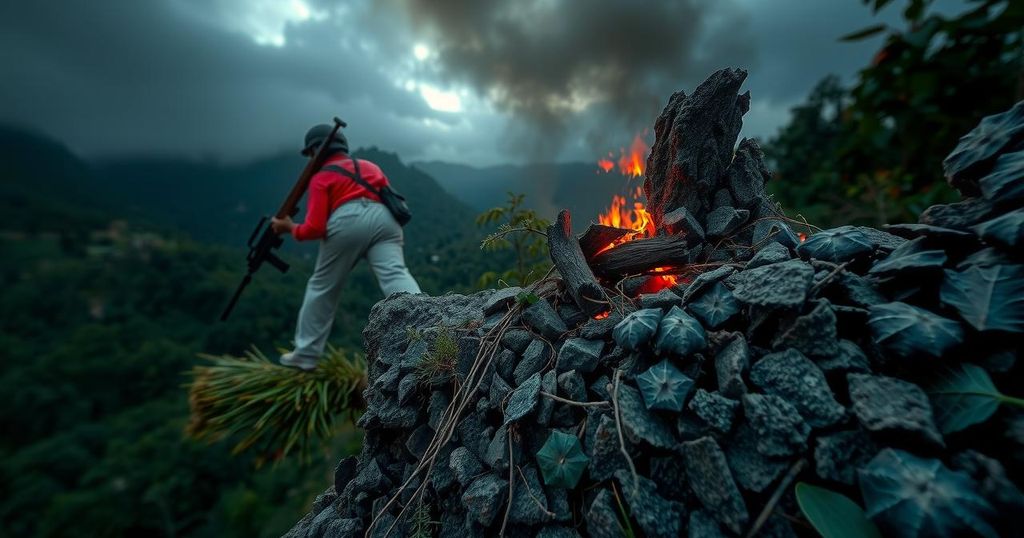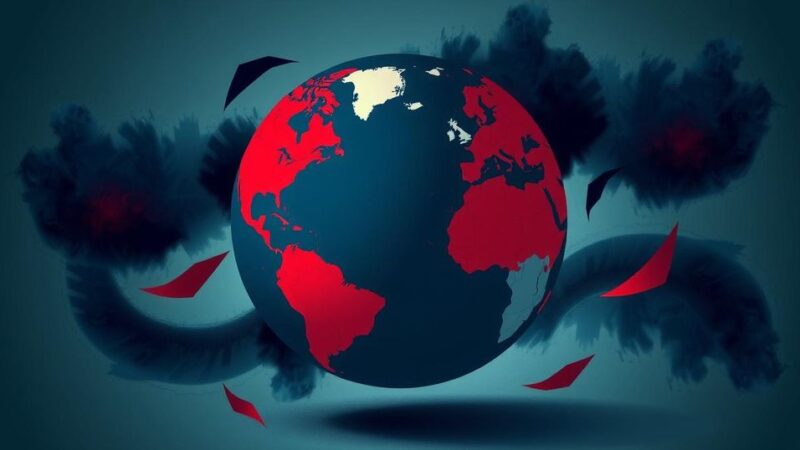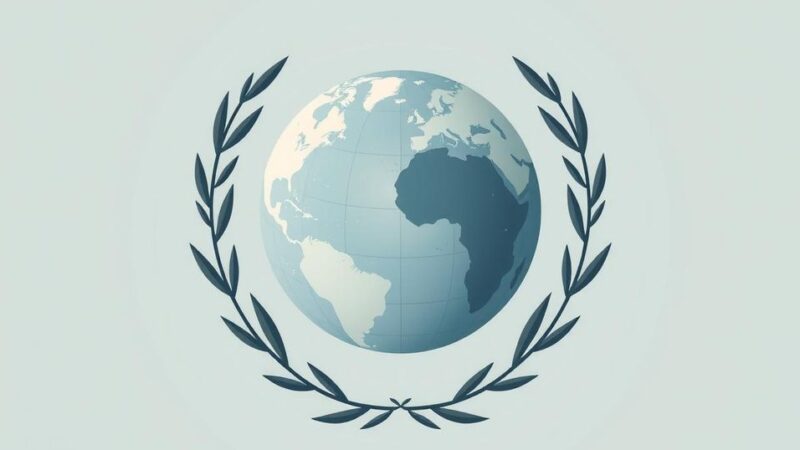Ten years after the Aceh conflict’s conclusion, victims still wait for justice, truth, and reparations, as the Indonesian government has not fulfilled its promises. Despite some investigations into human rights abuses, political will is lacking, hindering the establishment of a truth commission. Efforts for victim compensation remain inadequate, leaving many in distress and fueling resentment that may lead to renewed conflict. Amnesty International calls for urgent governmental action to address these past atrocities.
A decade after the end of the Aceh conflict, survivors and families of victims remain in distress, with inadequate support from the Indonesian government. Amnesty International emphasizes that promises of justice and reparations have largely gone unfulfilled. As the anniversary approaches, Amnesty urges the government to take essential steps towards addressing past atrocities, stating the need for comprehensive truth and reconciliation efforts to mitigate ongoing suffering in Aceh. The Aceh conflict, which spanned many years, resulted in the death of between 10,000 to 30,000 individuals, predominantly civilians. The 2005 peace agreement, which aimed to resolve these issues, has seen minimal progress. Despite some efforts by the authorities to investigate human rights violations, a significant lack of political will has hindered the establishment of a comprehensive truth commission, leaving many unresolved cases. Although a local parliament in Aceh approved a bylaw for a Truth and Reconciliation Commission, its implementation has stalled. Moreover, accountability remains an illusion, as legal measures have failed to prosecute those responsible for numerous crimes against humanity. Victims continue to be denied access to justice, further deepening their plight. Despite some efforts towards victim compensation, these measures are insufficient and overlook the needs of many, particularly women affected by sexual violence during the conflict. The societal repercussions of such neglect foster resentment, potentially leading to renewed violence if not addressed. Amnesty International’s open letter, supported by various organizations, calls for immediate actions from Indonesian authorities to acknowledge and confront the serious human rights violations committed during the Aceh conflict. They urge government bodies to face the past directly, stressing the importance of truth commissions as a necessary starting point for improved relations and reconciliation.
The Aceh conflict, which took place between the Indonesian government and the pro-independence Free Aceh Movement (GAM), lasted for several decades, resulting in widespread death and suffering for civilians. A peace agreement was signed in 2005, monitored by international agencies, promising attention to the human rights abuses that occurred during the conflict. However, the lack of effective measures to address these promises has led to frustration among victims and their families, as they continue to seek acknowledgment, justice, and reparations for their suffering. This situation is compounded by the insufficient legal framework in Indonesia, which does not effectively recognize international law regarding war crimes and human rights violations.
In summary, the ongoing neglect of the victims of the Aceh conflict highlights a critical need for the Indonesian government to act upon its promises of justice, truth, and full reparations. The tenth anniversary serves as a pivotal opportunity for authorities to confront the past and commit to meaningful reforms. A failure to address these issues not only prolongs the suffering of countless victims but also risks igniting further unrest. A comprehensive approach towards reconciliation is essential for the healing of the Acehnese community and the restoration of trust in governmental institutions.
Original Source: www.amnesty.org






